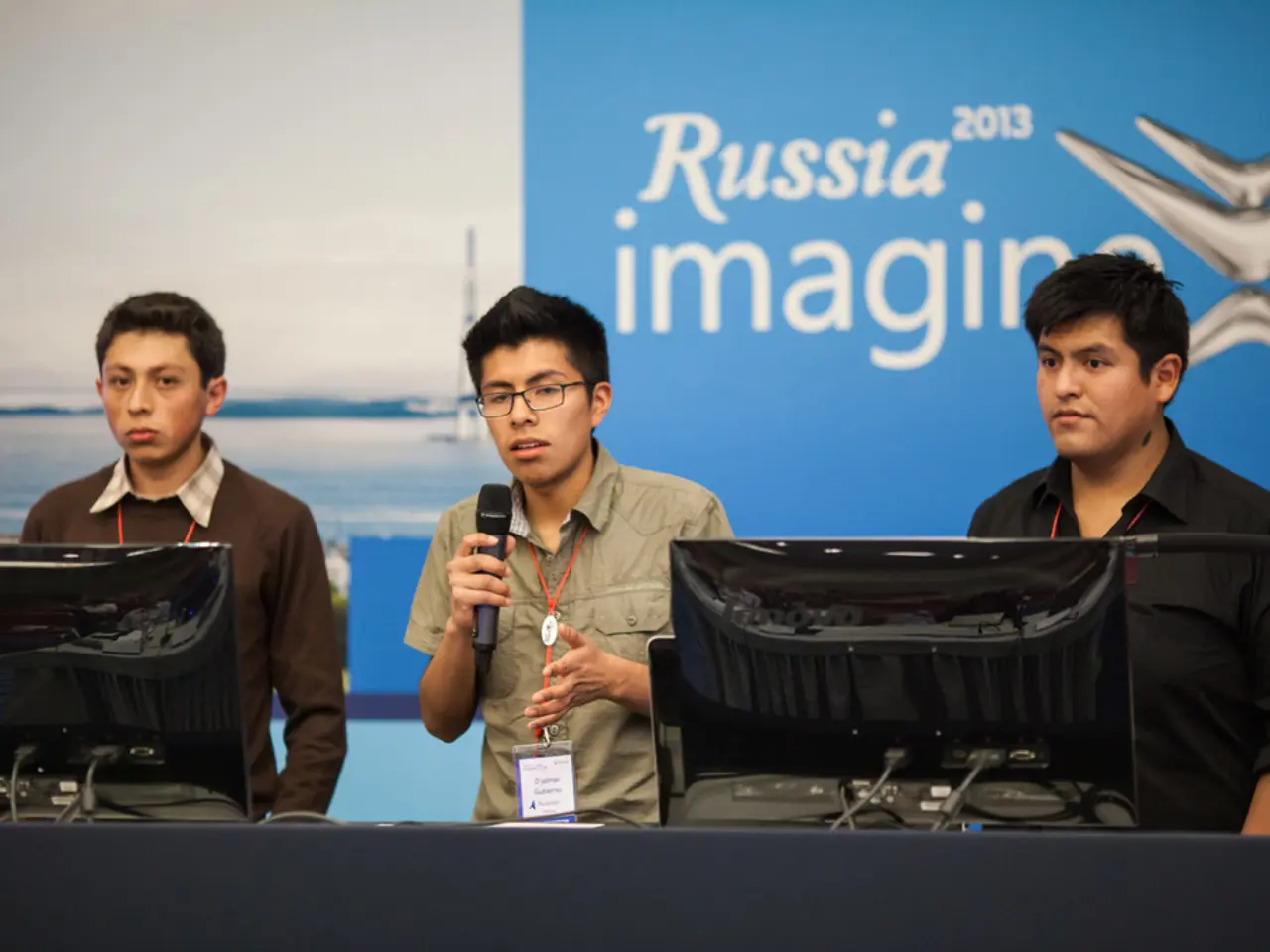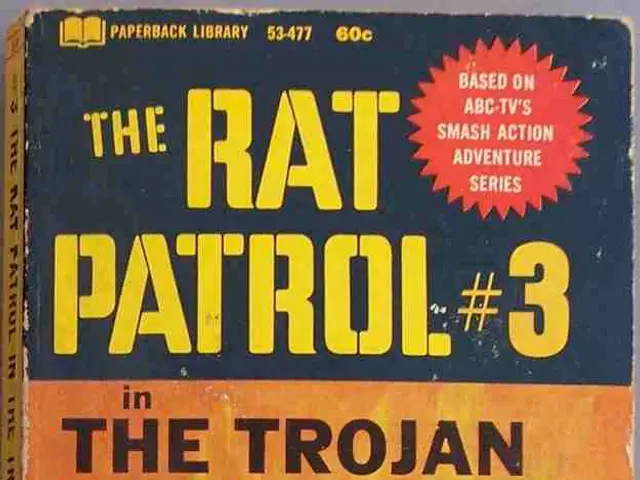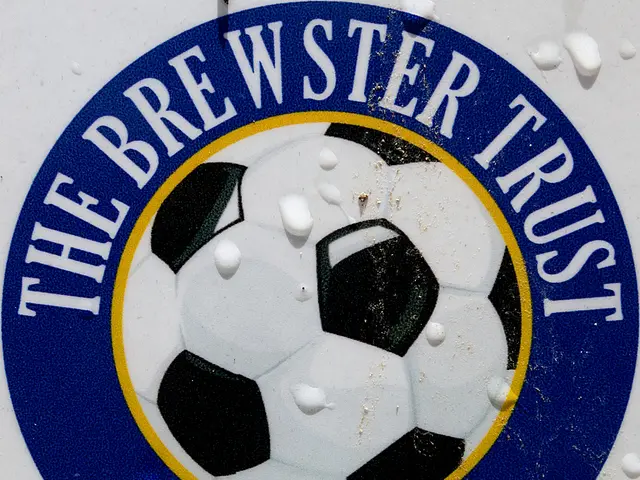United States urged by Europe and Ukraine to prioritize discussions with Russia's Putin during the upcoming Trump meeting
In a significant development, President Donald Trump is set to meet Russian President Vladimir Putin in Alaska on August 15, with the focus on potential peace proposals for Ukraine. The leaders emphasized the need to maintain support for Ukraine and pressure on Russia, as European officials presented their own peace proposals to the United States on Saturday.
The proposed peace agreements center around security guarantees for Ukraine coordinated by the US alongside European partners. Key elements of these proposals include:
- A "Coalition of the Willing" made up of European countries such as the UK and France, who might consider stationing forces inside Ukraine to uphold a peace agreement.
- The involvement of US forces providing intelligence, logistical support, and significant air power, but notably without deploying ground troops on Ukrainian soil.
- Ukrainian President Zelenskyy suggested a major defense spending plan involving about $90 billion on US weapons as part of these security guarantees, with further details expected soon.
However, these guarantees are currently viewed by some as "ersatz guarantees," meaning they are more promises of enhanced cooperation rather than firm commitments on the ground.
Ukrainian President Volodymyr Zelenskyy has been actively engaging with his allies, making multiple calls since Steve Witkoff's visit to Moscow. The European leaders, including Macron, have emphasized that Ukraine must play a role in any negotiations.
The current line of contact should be the starting point of negotiations, according to the leaders. Fierce fighting is ongoing along the 1,000-km front line in eastern and southern Ukraine, where Russian forces hold around a fifth of the country's territory. Ukrainians remain defiant, withstanding the summer offensive that has so far failed to achieve a major breakthrough for Russian forces.
Trump stated that the parties, including Ukrainian President Volodymyr Zelenskyy, were close to a deal that could resolve the three-and-a-half-year conflict. Negotiations could only take place in the context of a ceasefire or reduction of hostilities, as stated by the leaders. They agreed that a diplomatic solution must protect Ukraine's and Europe's vital security interests.
A joint statement from several European leaders and the president of the European Commission welcomed Trump's efforts. The Trump administration is considering inviting Zelenskyy to join the U.S. and Russian presidents at their Alaska meeting.
Moscow claims four Ukrainian regions and the Black Sea peninsula of Crimea, which was annexed in 2014. Ukraine says its troops still have a small foothold in Russia's Kursk region, a year after its troops crossed the border. Russia said it had expelled Ukrainian troops from Kursk in April.
Tatiana Stanovaya, a senior fellow at the Carnegie Russia Eurasia Center, describes the current peace push as "the first more or less realistic attempt to stop the war." The potential deal, if successful, could involve "some swapping of territories to the betterment of both."
As the world watches, the stage is set for a significant diplomatic event that could shape the future of Ukraine and its relationship with both the US and Russia.
Read also:
- Court petitions to reverse established decision on same-sex marriage legalization
- Trump's enforcement actions in Washington D.C.: Insights from the political arena
- Chinese Ambassador issues stern message to India regarding Trump's tariffs in midst of escalating trade feuds
- Aircraft collides with another one on the runway during landing at Montana airport, igniting flames








